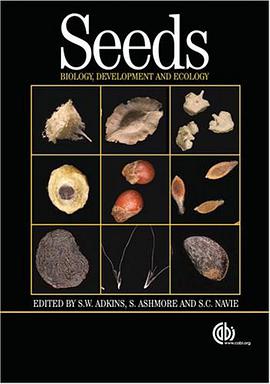

具体描述
In this critical examination of the role of the imagination in the modern and postmodern periods, Victor E. Taylor looks at the 'fable' as a narrative form that addresses the ultimate questions of how to live and why. He assesses various literary theories and styles in the wake of postmodernism to reveal the ways in which fable-style narrative can be a meaningful genre for addressing traditional and post-traditional religious, ethical, and epistemological concerns. In the process, Taylor draws on key figures across the humanities-from Mircea Eliade and Claude LA(c)vi-Strauss, Paul Ricoeur and Slavoj Zizek, to Leo Tolstoy and Franz Kafka. Placing an emphasis on rethinking the importance of critical theory in religious studies, the author argues that a new, more demanding formulation of the concept of possibility allows for a realignment of the philosophical, mythological, and literary imaginations. By returning to the history of philosophy, myth studies, and modern literature, Taylor makes a renewed case for the significance of a distinctive formulation of religious theory as a desire for thinking. "Religion after Postmodernism" calls for a reconsideration of "theory as thinking" for the future of philosophy, religious studies, and literature.
作者简介
目录信息
读后感
评分
评分
评分
评分
用户评价
相关图书
本站所有内容均为互联网搜索引擎提供的公开搜索信息,本站不存储任何数据与内容,任何内容与数据均与本站无关,如有需要请联系相关搜索引擎包括但不限于百度,google,bing,sogou 等
© 2026 book.wenda123.org All Rights Reserved. 图书目录大全 版权所有




















